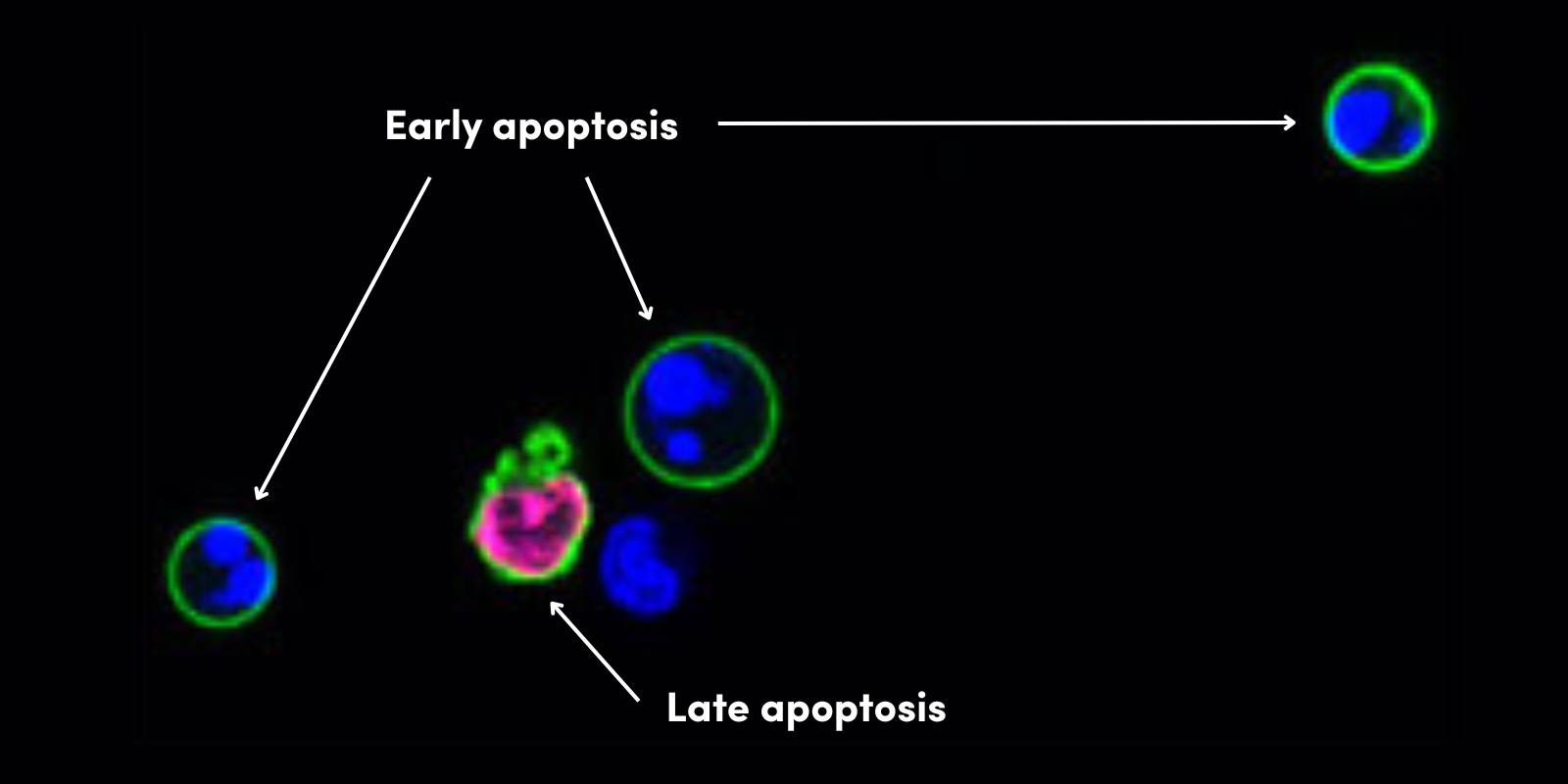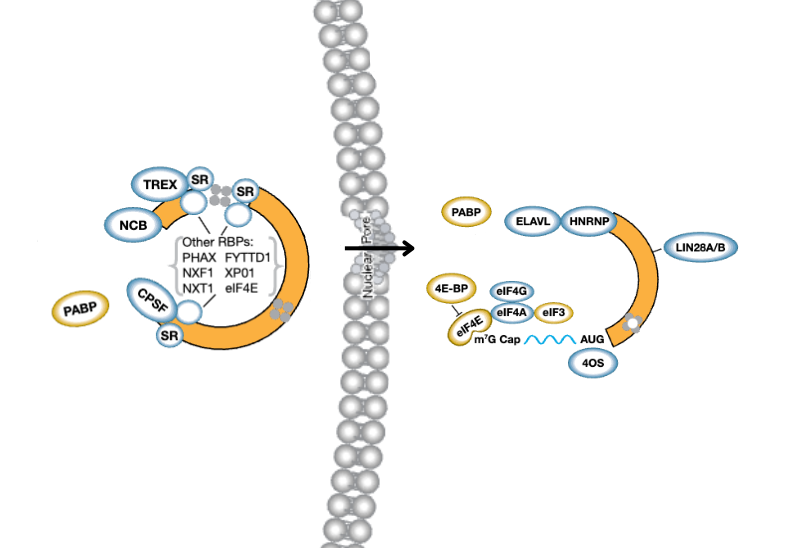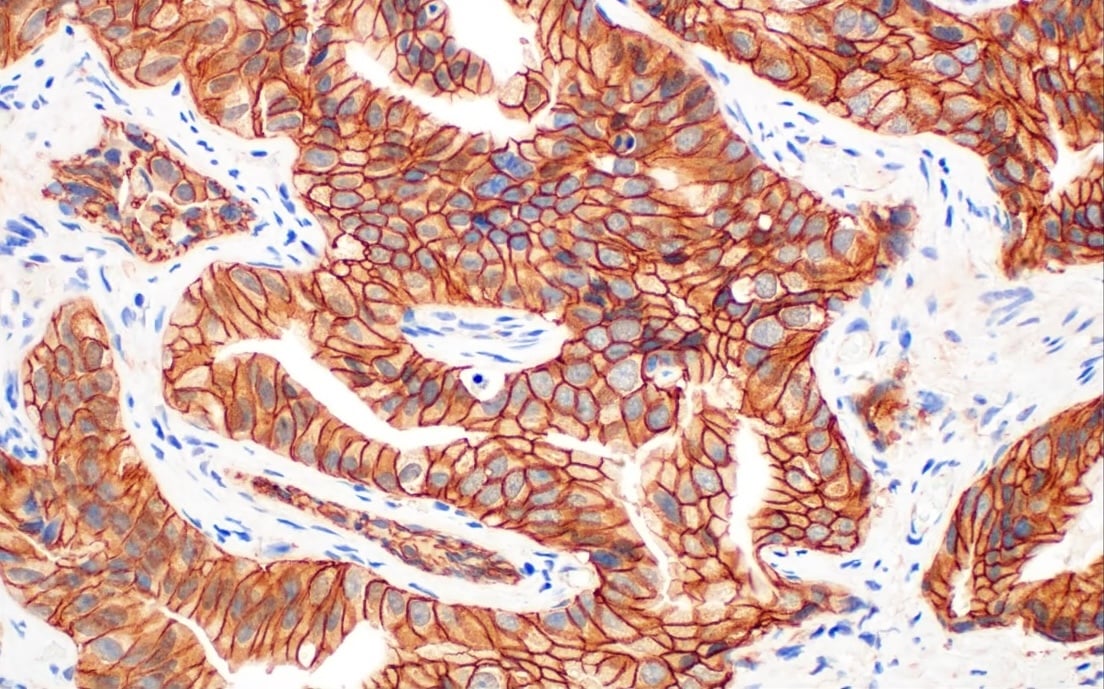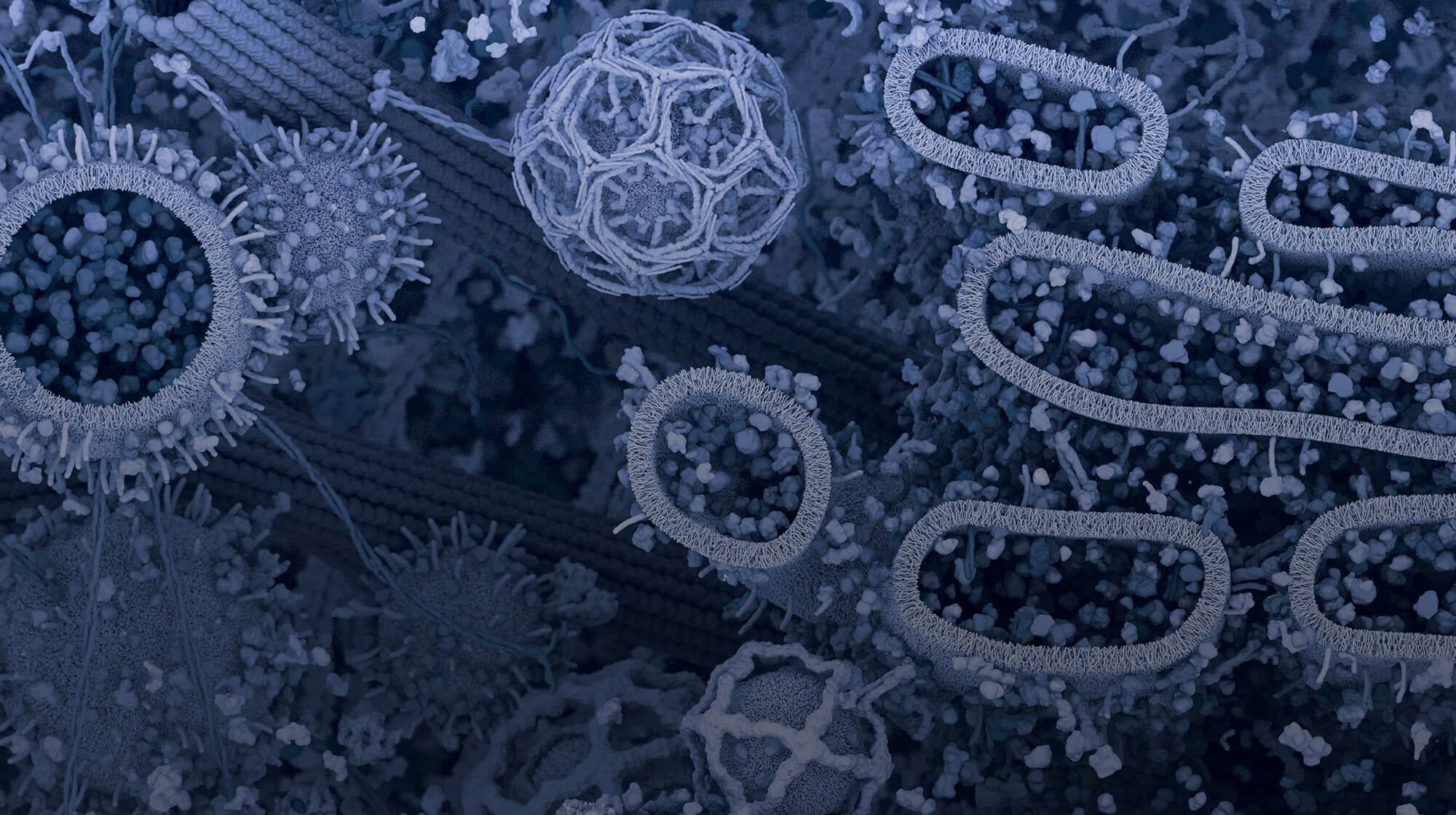Immunohistochemistry, or IHC, remains the simplest method for detecting biomarker expression while maintaining spatial context within tissues. You know that getting reliable IHC staining results hinges on the specificity and performance of your antibody. These are high stakes experiments, and you want to be 100% confident your antibody will detect the target of interest.
Browse more how-to videos on research techniques, or click here to subscribe to CST's YouTube channel.
Can't see the above video? Click here to play.
CST Validation for IHC
This is the value that validation can provide. But what does validation for IHC entail? No single assay is sufficient to determine specificity. A comprehensive data package is required.
In this video, we’ll explore several different approaches for IHC validation that can go into that data package.
- Cell Pellets
- Multiple Tissues
- Treatments
Scientists at Cell Signaling Technology develop and validate antibodies in-house, in a number of applications, including IHC. When you choose an IHC-validated antibody from CST, you’ll know it’s been thoroughly tested and approved by our IHC team. In addition, you can view relevant validation data on cellsignal.com, along with the recommended protocol and companion reagents we used to validate that particular antibody, so that you can use it with confidence in your experiments.
Let’s get into some of the different approaches we use at CST to validate our antibodies for IHC.
Cell Pellets
Paraffin-embedded cell pellets can be used to assess antibody specificity by comparing cell lines known to have different expression levels of the target protein. As an alternative, siRNA or shRNA experiments can be used to vary target expression, and to compare staining of control versus knockdown cell pellets.
Treatment with small-molecule activators or inhibitors can also be used to modulate target expression during validation of both total and phospho-specific antibodies. Treatments with ligands can also be used with cell pellets to modulate the target protein by inducing or inhibiting expression, or, as shown here, change its localization.
Tissues
Cell Signaling Technology scientists also perform IHC validation with multiple tissues. Antibody titration is performed to determine the optimal antibody dilution, which we provide in the product datasheet and web page.
Antibody validation can include comparison of multiple tissue types known to express varying levels of the target protein to assess antibody specificity and performance in a broad spectrum of tissues. Immunohistochemical analysis of relevant human tissue samples is used to test human-reactive antibodies that recognize disease-relevant targets. For mouse reactive antibodies, validation can employ normal mouse tissues, syngeneic tumors, or other mouse models.
Treatments
Treatments with activators, inhibitors, or blocking peptides can be employed at appropriate timepoints in IHC in order to manipulate target expression, and verify modification specificity. Incubation with blocking peptides can be used to test antibody specificity in IHC and to complement other validation assays.
To test phospho-specific antibodies, phosphatase is applied to remove phosphate groups from proteins, confirming phospho-specificity. Drug treatments prior to sample prep can be used to manipulate levels of target protein expression and post translational modifications as well. In this example, rapamycin was used on a mouse xenograft system.
Have confidence in your IHC Results
Antibody validation is important, but again, no single assay is sufficient to confirm specificity. It’s the combination of multiple validation assays into an IHC data package that ensures that the staining you observe with each CST antibody is specific and believable.
To learn more for your next IHC experiment, please visit our IHC resource page.





